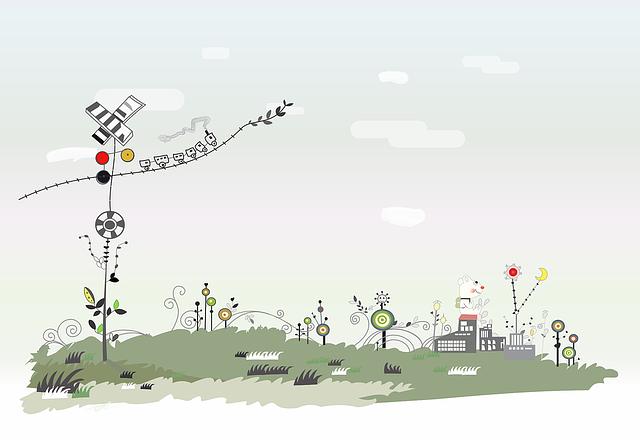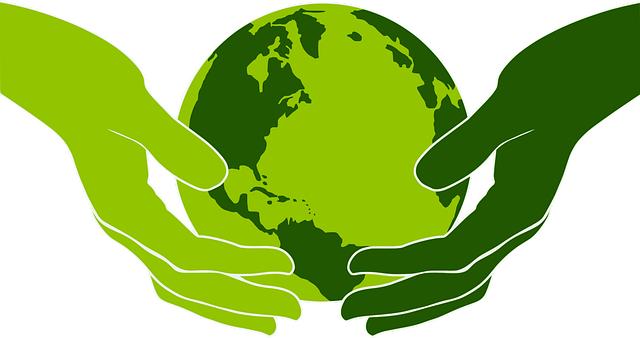In the vibrant tapestry of Pakistan, where diverse cultures, languages, and histories intertwine, a persistent thread of inequality weaves its way through the fabric of society. From urban metropolises to rural heartlands, the disparities in access to education, healthcare, and economic opportunity remain stark and pervasive. Yet, amidst these challenges, a growing movement of individuals, organizations, and communities is rising, united by a shared vision of equity and empowerment. This article delves into the multifaceted landscape of inequality in Pakistan today, exploring the systemic barriers and innovative solutions that are shaping a future where every citizen has the chance to thrive. Join us as we unpack the efforts that are not only confronting the status quo but are also igniting hope and fostering resilience in the quest for a more equitable society.
Empowering Womens Voices: Bridging the Gender Gap in Pakistan
In Pakistan, women’s voices hold the power to reshape society, yet many remain unheard due to systemic barriers and cultural constraints. Empowering women is not merely a social responsibility but a necessity for sustainable development. Initiatives focused on education, literacy, and economic independence can significantly alter women’s roles within families and communities. For instance, communities witnessing increased female education report enhanced family health, greater economic stability, and a marked decline in early marriages. By nurturing an environment that values women’s contributions, we can bridge the gender gap and foster a society that thrives on equality and respect.
Grassroots movements have emerged across the country, championing causes ranging from equal wages to reproductive rights. These efforts are often bolstered by NGOs and governmental organizations willing to act as allies in these transformative journeys. A closer look at the landscape reveals:
- Supportive policies aimed at increasing female representation in leadership roles.
- Skill development programs designed specifically for women in rural areas.
- Advocacy campaigns addressing violence against women.
Collectively, these steps carve pathways for women to access opportunities previously deemed unattainable, laying the groundwork for a more equitable future.

Fostering Economic Opportunities: Driving Inclusive Growth
To break the cycle of inequality in Pakistan, it is essential to create pathways that allow all segments of society to participate actively in the economy. Investing in education and skills development is paramount, particularly in underprivileged areas, where access to quality education often determines future employment opportunities. By prioritizing vocational training and digital literacy programs, communities can equip individuals with the tools to thrive in a rapidly evolving job landscape. This approach not only emphasizes economic empowerment but also fosters a sense of community engagement and responsibility.
Moreover, fostering entrepreneurship can lead to substantial economic growth and job creation. Supporting small and medium enterprises (SMEs) through accessible financing and mentorship programs can unleash innovation and stimulate local economies. By encouraging diversity in business sectors, such as agriculture, technology, and handicrafts, we can tap into underutilized talent and resources. Here are a few strategies to promote inclusive economic development:
- Enhance access to microloans for aspiring entrepreneurs.
- Provide tax incentives for businesses that hire from marginalized communities.
- Establish incubators that nurture startups focused on community development.

Education for All: Transforming Access and Quality in Learning
In a country as vibrant and diverse as Pakistan, the quest for equitable education is both a necessity and a challenge. Millions of children, particularly those from marginalized communities, face barriers that limit their access to quality learning environments. Factors such as economic disparity, gender inequality, and geographical isolation further exacerbate the situation, leaving countless young minds deprived of the opportunities that education can provide. By fostering collaboration across various sectors, including government, non-profits, and local communities, we can design innovative strategies that will not only broaden access but also enhance the overall quality of education.
The potential for transformation lies in embracing a multi-faceted approach that addresses both accessibility and quality in learning. Initiatives can include:
- Building more schools in rural areas to eliminate distances that hinder attendance.
- Implementing digital learning platforms to reach remote students and provide diverse educational resources.
- Culturally relevant curricula that reflect local languages and histories, making education more relatable.
- Community engagement programs to raise awareness about the importance of education, especially for girls.
To measure progress and ensure accountability, below is a simple table highlighting key areas of development and their current status:
| Area of Development | Current Status | Target Status |
|---|---|---|
| School Enrollment Rates | 65% | 80% |
| Quality of Teaching | Low | Improved |
| Access to Digital Learning | 30% | 70% |
| Female Education Rate | 50% | 75% |
Through concerted efforts and strategic planning, we can pave the way for a brighter future, where every child in Pakistan, regardless of their background, has the chance to learn, grow, and thrive.

Community Engagement: Mobilizing Grassroots Movements for Equity
Grassroots movements in Pakistan are crucial in championing the cause of equity across diverse communities. Local activists and organizations are coming together to address pressing issues such as education, healthcare, and justice. By harnessing the power of social media and community organizing, they create platforms that amplify the voices of the marginalized and foster a sense of solidarity. Initiatives like neighborhood assemblies and local forums not only raise awareness but promote informed discussions about inequality, enabling communities to identify their unique challenges and collaboratively develop solutions.
One effective approach for mobilizing these movements is through building partnerships with various stakeholders, including nonprofits, educational institutions, and local governments. This creates a unified front to address systemic disparities. The impact can be measured through various indicators of social well-being, which can be outlined in a simplified table format:
| Indicator | Target Outcome | Current Status |
|---|---|---|
| Access to Education | 100% enrollment | 75% enrollment |
| Healthcare Services | Universal coverage | 60% coverage |
| Legal Aid Availability | Establishment in every district | 5 out of 20 districts covered |
Insights and Conclusions
tackling inequality in Pakistan is not merely a challenge; it is an opportunity—a chance for collective growth, resilience, and transformation. As we stand at this critical juncture, the voices that call for change grow louder, and the potential for empowerment has never been more palpable. Through collaborative efforts across sectors—government, civil society, and the private sector—each individual has a role to play in reshaping the socio-economic landscape of the nation.
By embracing innovative solutions and fostering inclusive policies, we can pave a path toward a more equitable future, where every citizen, regardless of their background, has the opportunity to thrive. As we reflect on the complexities of inequality, let us also celebrate the spirit of perseverance that defines the people of Pakistan. Together, we can turn the tide, not only lifting the marginalized but enriching our society as a whole. The journey is long, but the destination promises a brighter, more just tomorrow. Empowering change is within our grasp; it is time to seize it.



